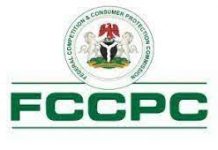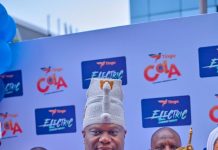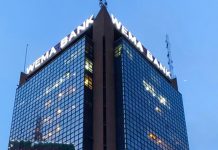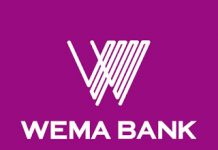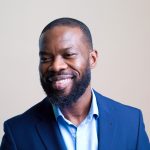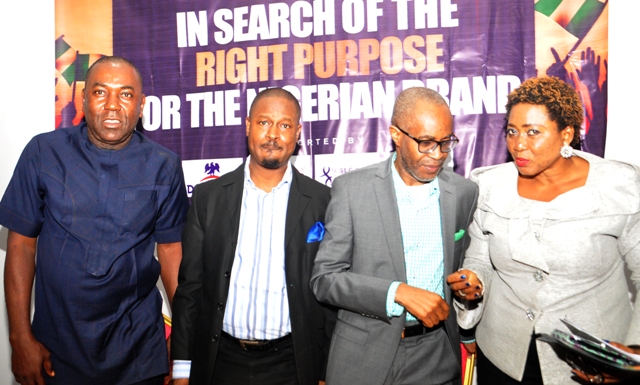

Creating and amplifying a well-defined purpose for the Nigerian brand have been identified as the strongest took to make the country attract foreign direct investment and also ensure global competitiveness.
Marketing and Communications experts who spoke at the Second Edition of BRANDish Meeting of Minds agreed that the absence of a purpose statement for Nigeria, corruption, bad leadership, opaque governance and crime have combined to stymie the maximization of economic potentials of the country.
They argued that the country is at a juncture where it should tell itself some home truths about impediments to progress, insisting that the situation where the country is ranked 136 out of 175 countries surveyed on the Transparency International Corruption Perception Index raises issues that must be seriously and urgently addressed
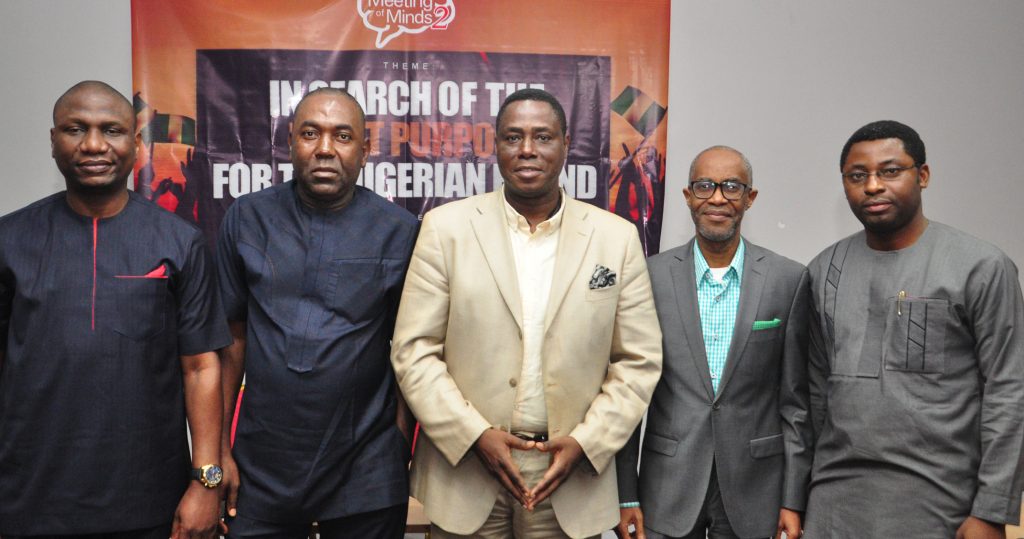

Speaking while delivering a paper titled, “The Economics of a Market-Led Purpose for Nigeria,” Lampe Omoyele, Managing Director, The Lucent Consulting Company, highlighted the urgent need to search, identify and amplify Nigeria’s common purpose with a view to creating a uniform and consistent narrative around the Nigerian brand.
“For Nigeria to be truly successful in crafting a strategic positioning, a concerted effort at unearthing of our shared values and amplification, not fabrication, of these truths in a manner that resonates with Nigerians is required. This would involve engaging stakeholders in the Nigerian enterprise. Participation and conviction of the populace in the overall agenda of the country in manners where ideas are not just imposed on them but communicated as partners in progress is imperative,” Omoyele said.
He further stressed the need for Nigeria to become in the continent of Africa and called for the evolution of political leadership that is sensitive to the overall aspiration of the country as an economic.
“Leadership is critical to evolving a strong nation brand. As a result, the country’s leaders should be the ambassador plenipotentiaries of the positioning, accentuating the positives. Their actions and body languages should resonate the very fabrics of the envisioned brand promises that Nigeria represents,” Omoyele, who was the immediate past Managing Director of AC Nielsen Nigeria, stated.
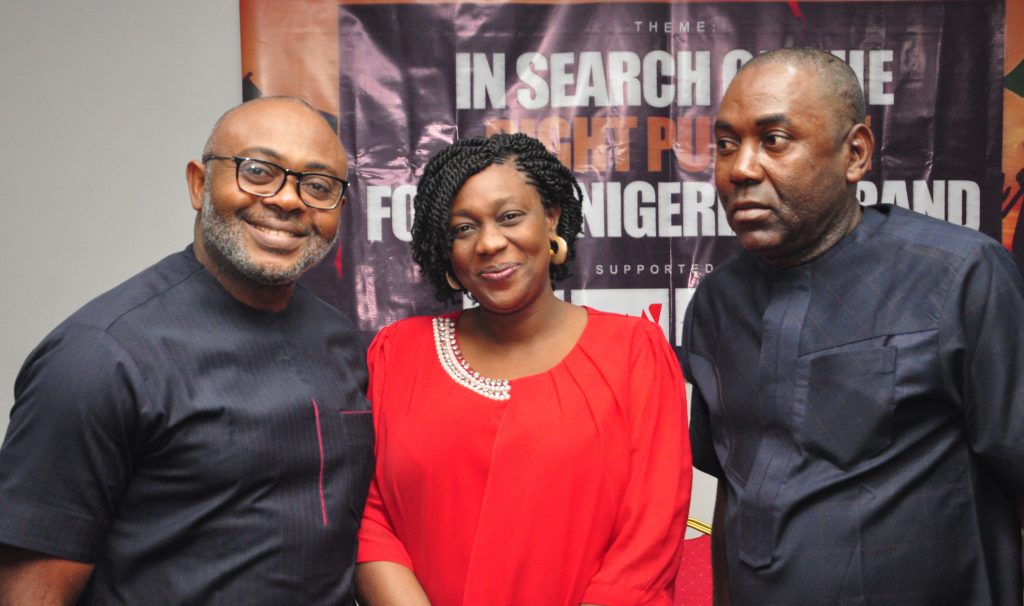

Also speaking while [presenting his own paper titled, “Foreign Direct Investment and the Power of Made for Purpose PR,” Managing Director of The Quadrant Company MSL, BolajiOkusaga, called for a redefinition of Nigeria’s “Investment Brand Essence” with a view to creating a clear purpose of both appeal and direction.
This, he said, must be articulated in well-thought out above-the-line and below-the-line campaigns that would effectively communicate the country’s selling-points as well as build and sustain equity through strategic Reputation Management.
Okusaga cautioned that Nation branding is essentially a long term project that outlives the government of the day and must be designed it in the form of national development plans to ensure the aggregation of economic opportunities andother intangible emotional selling propositions, including influence and soft power.
Nigeria’s purpose as a nation brand, he emphasized,“must be designed to position Nigeria as the “right” place to invest in Africa especially following the recent trends of under-performance of commercial portfolios in European, American and Asian markets. These must be backed by incontrovertible data that will generate a high level of awareness and thus arouse the interests of global deep pockets.”


He called for the strengthening of institutional frameworks in such a transparent way as to allow international audit of governance structures and Peer reviews of projects.
“The global community will be suspicious of opaque public sector structures. A Multi-Disciplinary Ease of Doing Business Council must be critical pegs of a new Brand Nigeria project while government must also quicken pace on infrastructure development, using the “Right Policies while” while also allowing private participation,” He stated.
Continuing, Okusaga said that “To make for a successful purpose project, Nigeria must tell itself some home truths. Some of these include the challenge of corruption; Nigeria currently ranks 136 out of 175 Countries surveyed on the Transparency International Corruption Perception Index. Another is crime and advance fee fraud; according to a report by Ultrascan AGI, losses from Nigerian scams totaled $12.7 billion in 2013. Yet another is bad politics and governance; Nigeria ranked 36th out of 54 countries in overall governance with a score of 46.5 out of 100 in the 2016 Ibrahim Index of African Governance (IIAG). Another downside is the issues of infrastructure and ease of doing business; Nigeria currently ranks 127 in the Global Competitiveness Ranking. It is projected that Nigeria requires at least $2 trillion (N398.1 trillion) for infrastructure development over the next three decades. These are issues that must be addressed in fashioning a viable, long term purpose for the Nigerian brand.”















